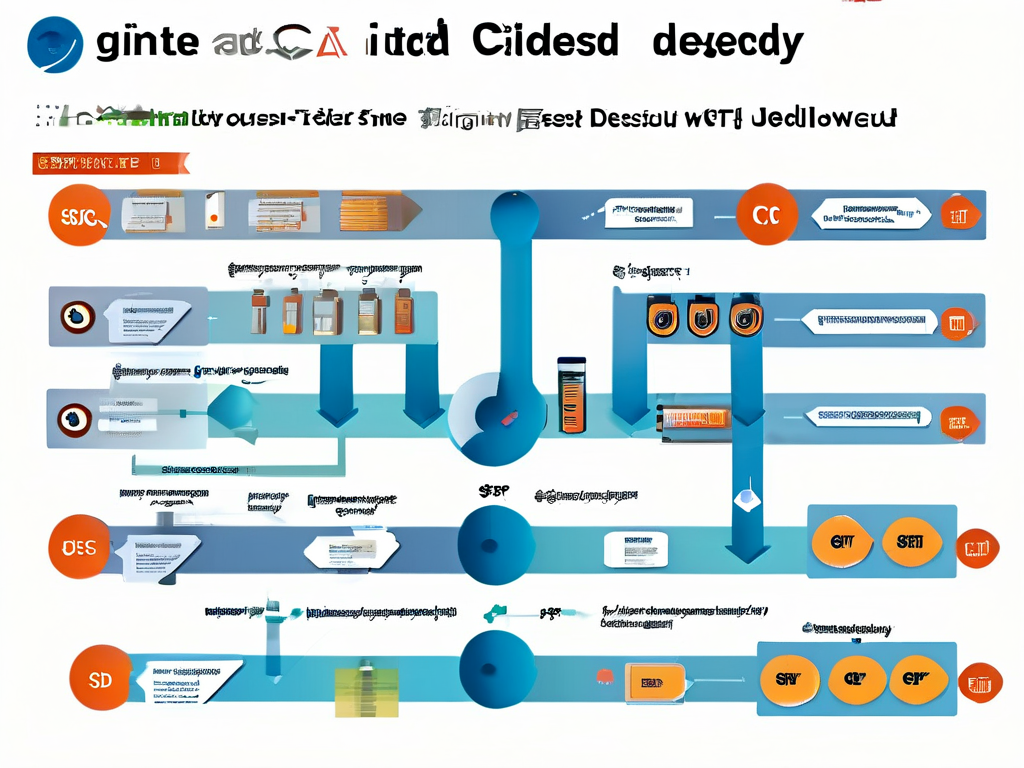In modern software development, integrating version control with continuous deployment has become essential. Gitea – a lightweight self-hosted Git service – combined with CI/CD pipelines offers teams a powerful solution for automating deployment workflows. This article explores practical strategies to implement this synergy while addressing common challenges.

Why Gitea and CI/CD?
Gitea's simplicity and low resource consumption make it ideal for small-to-medium teams. When paired with CI/CD tools like Jenkins, Drone, or GitHub Actions, it enables automated testing, building, and deployment. Unlike cloud-based alternatives, Gitea provides full control over repositories and pipeline configurations, crucial for organizations with strict compliance requirements.
Core Implementation Steps
-
Repository Configuration:
Create a.gitea/workflows/deploy.ymlfile to define triggers:name: Production Deployment on: push: branches: [ "main" ] jobs: build: runs-on: ubuntu-latest steps: - uses: actions/checkout@v3 - name: Deploy to Server run: ./deploy.sh -
Pipeline Design:
Implement multi-stage workflows:- Code quality checks using linters
- Unit/integration testing with frameworks like JUnit or pytest
- Containerization (Docker) and artifact storage
- Environment-specific deployments (staging/production)
Real-World Optimization
A fintech startup reduced deployment errors by 68% after implementing these practices:
- Parallel test execution across microservices
- Automated rollback on health check failures
- Resource monitoring hooks using Prometheus
Security Considerations
- Store credentials in Gitea's secrets management system
- Implement branch protection rules
- Use signed commits with GPG verification
Troubleshooting Common Issues
Problem: Pipeline triggers fail intermittently
Solution: Audit webhook configurations and network ACLs
Problem: Build times exceed thresholds
Solution: Implement caching for dependencies:
# Example npm cache restoration
- name: Cache Node Modules
uses: actions/cache@v2
with:
path: ~/.npm
key: ${{ runner.os }}-node-${{ hashFiles('**/package-lock.json') }}
Future-Proofing Your Workflow
As projects scale, consider:
- Gradual adoption of GitOps principles
- Integration with Kubernetes for orchestration
- AI-powered anomaly detection in deployment patterns
This approach not only accelerates release cycles but also creates audit trails for compliance. Teams report 40% faster incident resolution times due to automated rollbacks and detailed logging.
Implementing CI/CD with Gitea requires careful planning but delivers measurable ROI. Start with core automation tasks, then expand based on team needs. Regular pipeline reviews and security audits ensure sustained efficiency gains while maintaining system integrity.









